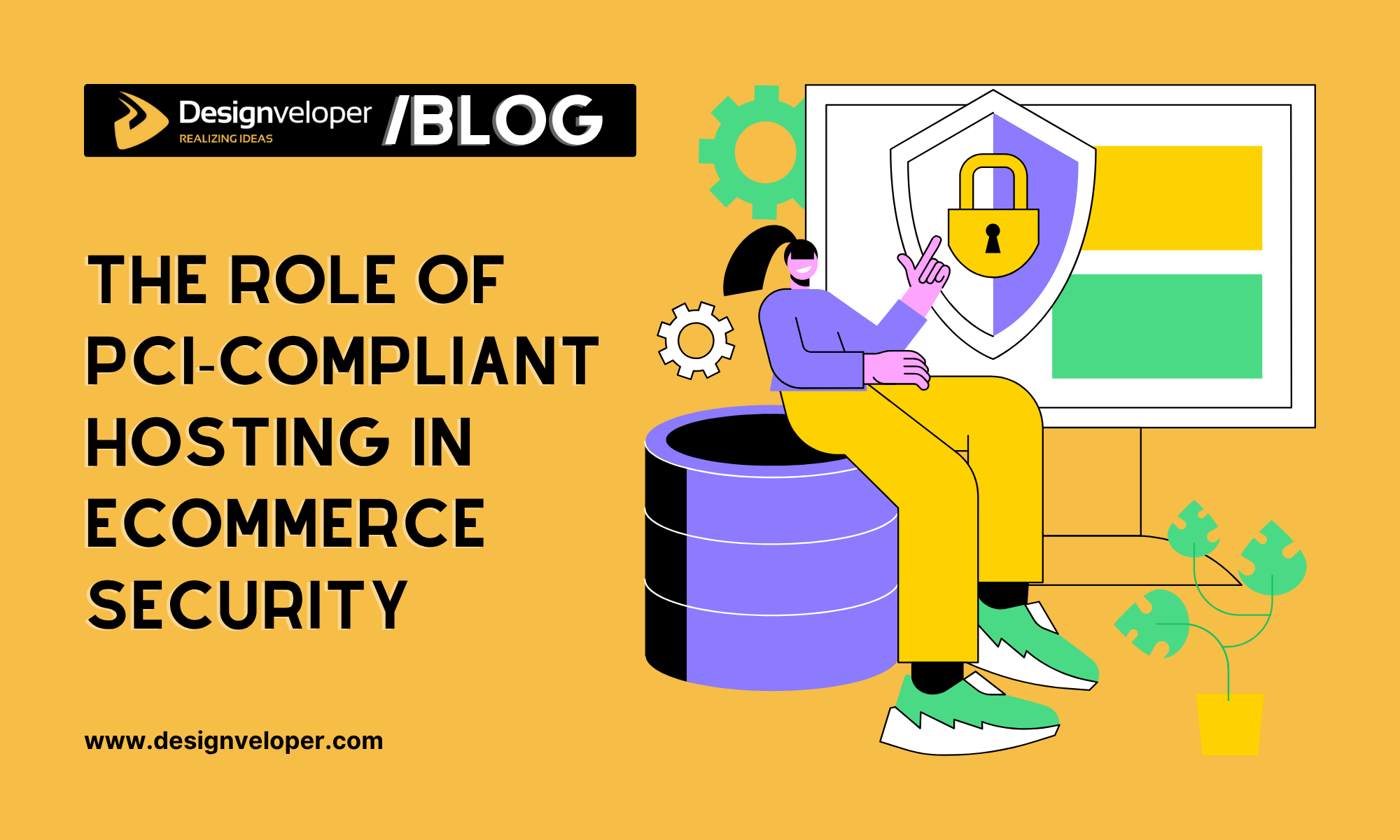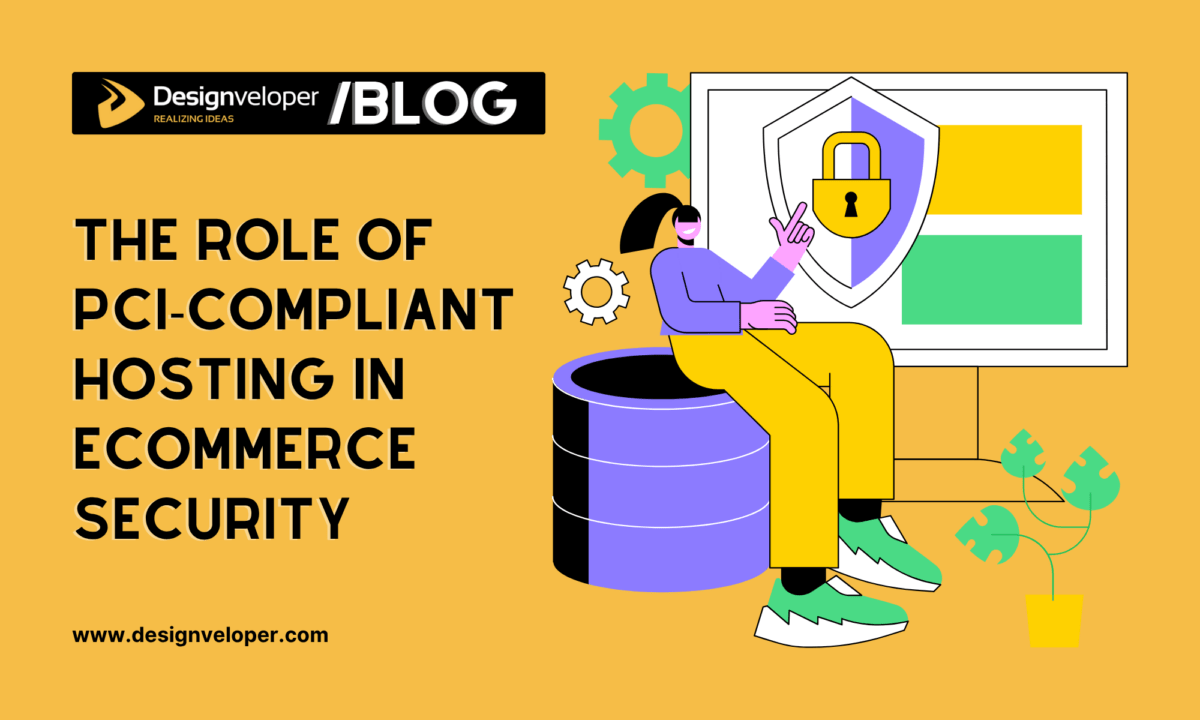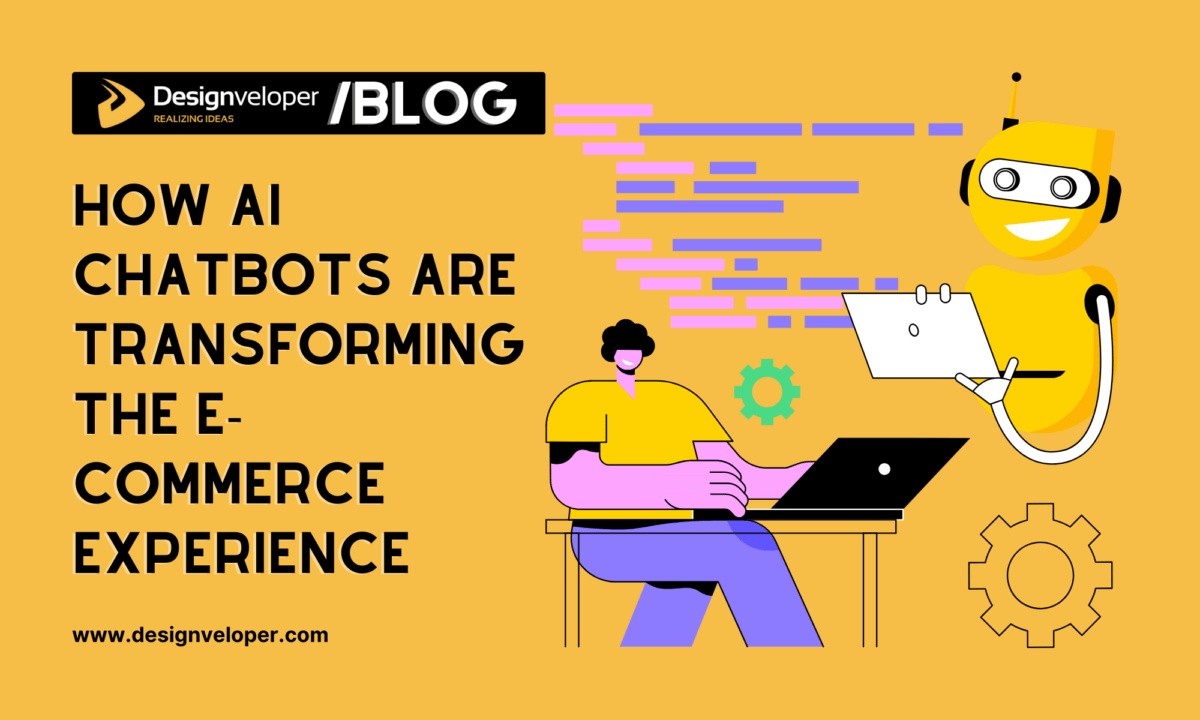
Building a successful e-commerce website is more than clever layouts and enticing products. In an age where data breaches headline news feeds and consumers guard their credit card numbers like treasure, developers face a challenge that is equal parts technical and ethical: security, especially when it comes to payment processing. Here’s where the concept of PCI compliance steps in as both shield and checklist, demanding not only careful coding but also a thoughtful approach to where and how websites are hosted.
If you’ve ever felt anxiety at the words “PCI audit” or wondered whether your chosen server environment is up to snuff, you’re not alone. For web developers, PCI compliance weaves through the fabric of e-commerce like tripwires—sometimes subtle, always crucial. This article looks at what sets PCI-compliant hosting apart, explores key security features, and offers insight into integrating the right hosting solutions into your build process from the ground up.
Understanding PCI Compliance: The Stakes for E-Commerce
The Payment Card Industry Data Security Standard, or PCI DSS, is more than a set of rules—it’s an entire ecosystem dedicated to protecting cardholder data across every digital transaction. For developers entrusted with crafting an e-commerce site, PCI compliance isn’t just about ticking a box for regulations. It’s a silent handshake between you, your payment processor, and your customer, saying, “Your data is as safe as modern web infrastructure allows.”
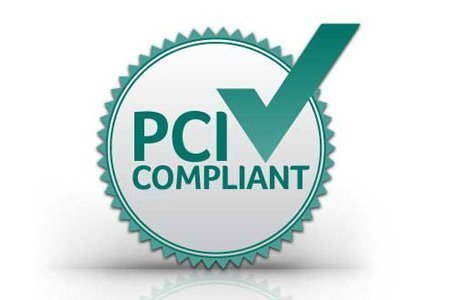
Non-compliance isn’t something you can risk on a whim. The consequences echo throughout a business, from potential fines and legal implications to loss of consumer trust and, in some cases, the shuttering of an entire platform after a breach. For a concise playbook, Forbes recently outlined practical PCI DSS 4.0 guidance for merchants, clarifying the cost of inaction for any retailer hesitant to prioritize security.
Visualize an e-commerce space as a bustling digital marketplace: every buyer expects the safety rails and guard dogs of PCI DSS to be working behind the scenes. Failing here can transform a thriving marketplace into a ghost town overnight. One proven route is outsourcing card data to validated providers, letting specialists shoulder the encryption burden while you focus on UX.
Yet the intricate details of PCI DSS—from access controls to encrypted transmissions—mean that hosting is never an afterthought. Not all servers are equal, and not every environment can support the technical, procedural, and operational pillars that PCI demands. The first—and arguably most critical—step for developers is choosing a host capable of delivering these standards by design.
What Makes a Hosting Environment PCI-Compliant?
Choosing a PCI-compliant environment starts by acknowledging a truth: the host is a partner in your security journey, not just a passive provider of server space. PCI-compliant hosting demands robust physical and virtual safeguards, precise access controls, and a paper trail long enough to quiet any auditor’s nerves.
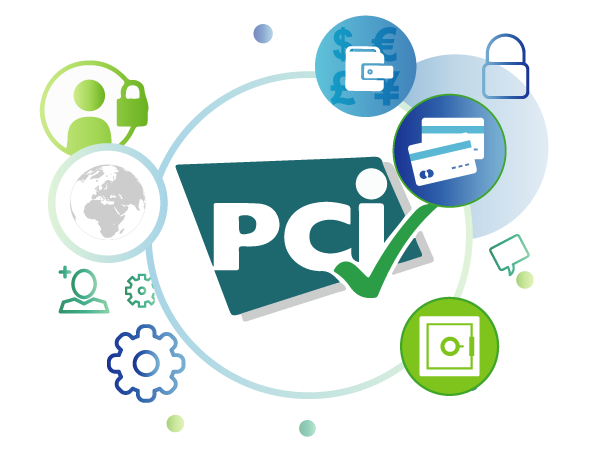
Feature sets you’ll frequently encounter include:
- Firewalls and Intrusion Detection: Every layer, from the network perimeter to the database, must block and detect suspicious activity.
- Data Encryption: Sensitive information must be encrypted in transit and, where possible, at rest, to shield it from prying eyes. Even basics like SSL certificates within PCI-DSS requirements remain non-negotiable for any compliant stack.
- Role-Based Access and Logging: Access to data is need-to-know only, and every action is logged, creating an unbroken record of accountability.
Of course, the checklist goes well beyond these basics. PCI-compliant hosts routinely deliver services like managed security scans, proactive vulnerability patching, and often even guidance or documentation for navigating compliance paperwork.
Fast Company reminds us why compliance alone isn’t cybersecurity, a nuance hosting partners must embrace if they’re to help you see protection as an ongoing, adaptive culture rather than just ticking boxes. What separates strong providers from the rest is often their approach to documentation and customer support. A worthwhile partner aligns their services to your project’s unique risks, updating controls as threats evolve. In the ever-changing battlefield of cyber risk, developers benefit from knowing their hosting layer invests as much energy into compliance as they do into code.
Integrating PCI-Compliant Hosting into Your Development Workflow
Getting PCI compliance right isn’t a single switch you flip during deployment—it’s a throughline from the very first planning sprint. Developers aiming for peace of mind treat PCI as part of their development ethos, not a burden.

Collaboration starts with architecture: planning data interactions, strict component separation, and scoped user permissions. Staging, testing, and live environments should match PCI controls to prevent security gaps during launches.
PCI-compliant hosts may offer real-time logging APIs and secret vaults to build secure authentication workflows. Security patches, backups, firewalls, and monitoring in DevOps make compliance a continuous system, not a periodic task.
Scene painting: imagine a team of developers mid-sprint, leaning into a virtual kanban board. Issues marked “PCI” spark brisk strategy talks; integrations with hosting controls become automated cards. Here, security boosts agility—it supports fast updates while ensuring constant protection with always-on guardrails.
Key Features Developers Should Look for in a Hosting Partner
No two PCI-compliant hosts are alike. As developers vet their options, a checklist of must-have features quickly emerges:
- Regular Penetration Testing: Not just a pre-launch checkbox but a recurring lifecycle.
- 24/7 Security Support: Access to expertise should match the urgency of any detected incident.
- Scalable Resource Controls: Cloud infrastructure needs to adapt to growing user bases without sacrificing oversight.
- Customizable Compliance Reporting: Developers should be able to pull tailored compliance evidence to satisfy different business or regulatory needs.
- Comprehensive Backup and Disaster Recovery: The best hosting partners build resilience and data integrity, not just uptime.
Look for providers that already map their services to the key controls for PCI DSS 4.0 so your audits start on third base, not back at home plate.
Some hosts stand out by offering turnkey compliance environments—pre-configured setups specifically documented for PCI audits. Others go further with advanced features like machine learning-driven anomaly detection or granular per-service firewall rules.
A partner who updates features shows commitment to PCI and the needs of modern e-commerce. In a world where regulations and risks evolve daily, adaptability could be your project’s saving grace.
Missteps to Avoid: Common Pitfalls in PCI Hosting Selection
It’s easy to misjudge the landscape when choosing a hosting solution. A rash of recent e-commerce credit card skimmers shows what happens when even one defense layer falters. A common mistake is thinking any cloud host works or that compliance can be added last minute. PCI is holistic. One weak link—like an open admin portal or bad logs—can put everything at risk.
Another frequent blunder is underestimating the need for ongoing re-evaluation. The threat landscape and regulatory interpretations evolve, necessitating periodic review of both your infrastructure and your hosting contract. Developers should check tech features and also assess transparency, response times, and support for compliance drills.
Finally, avoid the lure of “compliance by paperwork.” Real PCI security is active, not just documented. It involves monitoring, fast patches, and security in every workflow. Relying solely on marketing claims or certificates can lull teams into complacency—where the biggest threats grow quietly.
Conclusion
In the digital commerce arms race, PCI-compliant hosting is less about bureaucracy and more about building trust, resilience, and future-readiness. Developers who treat compliance as a design principle handle audits better—and adapt more easily to e-commerce challenges.
With rising breaches and regulations, investing in PCI-compliant hosting means securing your business foundation. Strong data security brings peace of mind. Choosing a security-first partner unlocks real value and drives innovation.






Read more topics
You may also like




























